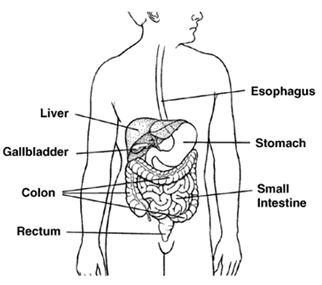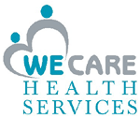
Gastroenterology Surgery

 |
India Surgery Splenectomy Surgery, Cost Splenectomy, Spleen Removal, Splenectomy Surgery, Splenectomy, India Spleen Removal Surgery, India Spleen Surgery, India Low Cost Splenectomy Surgery, India Spleen Removed, India Spleen Emergency, India Splenectomy Surgery Experts, India Splenomegaly Surgery, India Spleen-Preserving Surgery, India Splenectomy Surgeon, India Splenectomy Surgery, India Cost Splenectomy Surgery, India Splenic Infarction, India Spleen, India Segmental Splenic Infarct, India Global Splenic Infarct, India Splenectomy Surgery Hospital, India Best Price Surgery Splenectomy, India Price Spleen Removal

